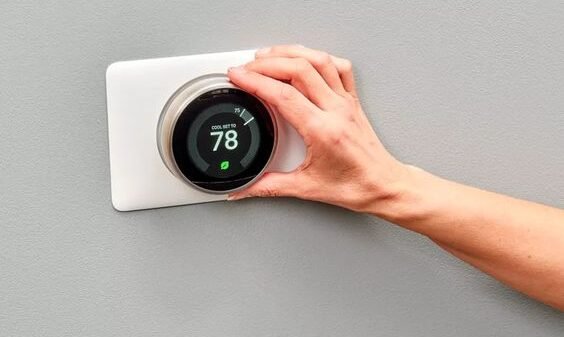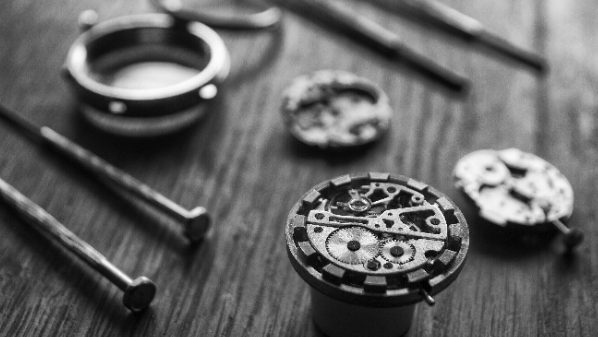Whether it’s curdled milk that’s been kicking it in the fridge a couple of days too long or years-old NyQuil which just doesn’t knock out that cold, expired stuff rarely ends well. But, does tattoo ink expire and, if so, how do you ensure that you’re getting body art produced with fresh ink? We’ve got the answers.
First off, you can check the bottle. Any reputable artist will be diligent about the expiration dates listed by the manufacturers on their arsenal of inks, which “typically last around two years, depending on the company,” explains Inshaan Ali, a senior artist at Toronto-based studio Ink & Water. However, if an artist is working with clients regularly, it rarely comes to that. “Most artists don’t have inks for that long anyway,” Ali says, and in terms of how much to stock of certain shades, there isn’t a one-size-fits-all strategy. “The amount of ink to have on hand really depends on the artist and their style. If an artist does color, they will have more colored inks,” while someone who specializes in graphic black and gray work probably won’t be constantly replenishing a wide rainbow of shades.
But if an artist does end up with ink past its prime, it’s got to go, no ifs, ands, or buts. “Artists just throw away an ink if it’s past expiration. When ink expires, it separates and isn’t good to use,” Ali continues. “There isn’t a specific way of disposal, you can simply throw it in the garbage.”
If you’re worried that your tattoo has been applied with expired ink, there are a couple of signs to look out for. “For expired tattoo ink, the main concern lies not in how it will look, but rather whether it has been contaminated,” explains Dr. Neil Tanna, MD, associate program director of plastic surgery and professor of surgery at Northwell Health. “Tattoo ink that is used beyond its expiration date may harbor bacteria that can lead to an infection and potential scarring or distortion at the tattoo site.”
While tattoos and the ink used to create them are obviously intended to last forever, there are a few ways this can be interrupted, and not just by the aforementioned external fading factors but internally, by the body. “Generally, tattoo ink is permanently incorporated into the skin but over the course of several years, the ink may migrate deeper into the skin, or get eaten by immune cells such as macrophage,” Dr. Tanna explains. “This will cause the tattoo to appear faded, though the rate of this process is highly variable.”
So, does tattoo ink expire? In short, yes. While the longevity of your ink depends on a number of factors in your control, the importance of fresh ink might be the most vital thing to ensure you have body art that’s free of infection or scarring, and is as long-lasting and vibrant as possible. If you’re concerned about the quality of your ink, always ask your artist before they start working.





























































